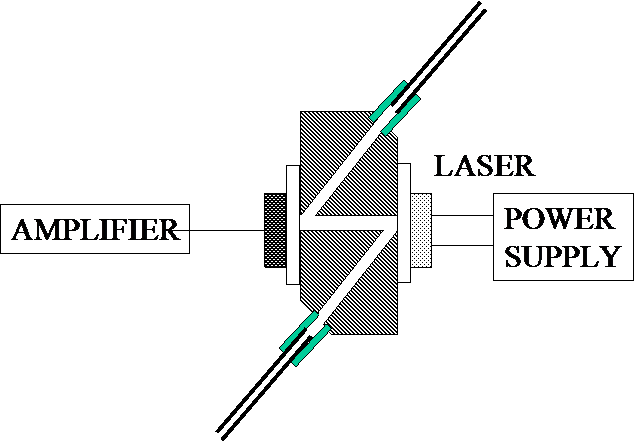|
|
|
As a planet we are creating as much information and content online now every two days as was created from the dawn of
time to the year 2003... Stop and think about that; about privacy, about interconnectivity, about how good a job is done by every
supplier that offers a connected device or service - how have they really secured and authenticated each and every transaction;
what do they do to mitigate threats. It is daunting the data volumes now and the sheer accessibility. The challenge is hiding
in such and the damage that can be done from those darkest recesses. We have spent decades understanding deeply communications
and data interfacing models and have substantial in-house knowledge. Since the birth of the Company, we have
waxed lyrical about Cyber Warfare capability gaps and needs, about the widest aspects (and emerging uses) of the electromagnetic
spectrum along with real concerns for hyper-connected white-goods, medical devices and other such transport technologies
and infrastructure. Even device connectivity companies are producing components, sub-assemblies and even complete products for
devices for interconnection without any security features whatsoever. We're not against such transformation
and capability growth or products; in fact we strongly believe there are stunning benefits from these for society;
we though are realistic as commercial prudence doesn't always stretch to implement extremely strong authentication and
repudiation, along with strong data security; this is a snapshot of a really complex area and one in which we have several
active research programmes and extensive knowledge and know-how. Even though the data volumes can be enormous today - spare a sobering thought
that a gram of human DNA can theoretically hold around 455 exabytes of information. The communications challenges of
application and session layer, inter- and intra-nodal and inter- and intra-modal, are considerable - and the globalisation
of such services (and nodes thereof) are adding some very interesting technical {sic: and legal} complications. Some of the
communication 'hops' are occluding the originator - others' inherent configurations are doing the same. The
UK had in quarter four 2013 some 83.1m mobile connections [numbers] in use and then 217m texts were sent each day or
put another way over 6.5bn texts a month. The IM uptake has been considerable and the volume of IM has now more
than doubled that of texting! By the end of 2014, the UK had had around 140bn texts sent and a considerable
300bn IMs from these mobile devices. Long gone are the days of our circa 21.7m fixed phone lines in the UK as the primary
communication vehicle [excluding any overlay use such as ADSL - all included the UK has 33.4m fixed lines as of 2013]. The
trebling of the VoIP and video calls in the last five years is an interesting trend as is the fact that this is largely not
driven by business use in digital telephony solutions in their offices and between offices. For more details of the various
metrics on this, refer to Ofcom as the best source. £248M was fraudulently taken from UK cardholders between January and June 2014
[up 15% from the same period in 2013]. Internet fraud/phishing has risen 71% to £29.3m and telephone fraud is a further
£6.6m on top of that. Contactless card crime is still in its infancy; for now at £51k. Annual fraud offences
in England and Wales are some 7.3m [which latest research from the University of Kent suggest should actually be more
like 11.3m offences a year]. One thing is for sure, security in the finance sector, workplace, at home and online has played
a huge part in this being as low as it is. The human element in this is largely the challenge. One minor mistake - opening
that email you just weren't sure off, that somehow got through your work's tough firewall... It is these procedural
and systemic errors that cause what little fraud we have in the UK to occur in part. Simply put, the rest is down to designing
and evolving ever more sophisticated ways that are cost-effective to catch and reduce such crime. Hon. Chris Evans MP [Hansard
PMQ 22 Oct 2014] postulated that only one in five fraudulent and phishing attempts is ever reported, which would
show the above figures are remarkable and show there is absolutely no room for complacency over data and network security. To that end we encourage all our key and strategic suppliers to ensure the Cyber Security of such Confidential Information
is maintained to a level that would attain the UK Government Cyber Essentials Certificate [see IASME or Scheme Overview] as is required for the relevant business size or higher as we stipulate in NDAs, purchase orders and other T&Cs.
Enter content here Enter content here Enter content here |
AREA17: HOME to UK's Own Specialist Military R&D Labs & Leading Edge IP...


